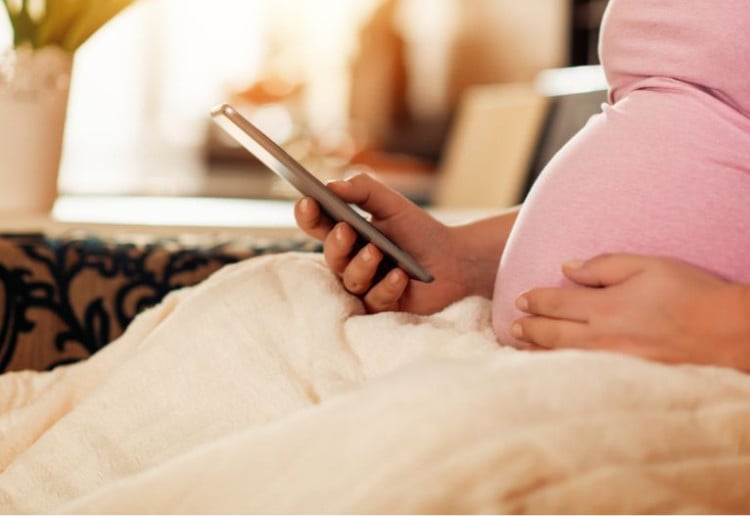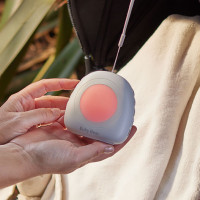Are you aware how easy a shallow water blackout can occur?
It can affect anyone that is breath-holding, even the physically fit swimmer. It is especially seen in competitive swimmers, Navy, snorkelers, spear fishermen or anyone who free-dives. SWB cuts across the spectrum of freediver training affecting all levels.
Shallow Water Blackout can be caused by repetitive, competitive or continuous breath holding or by taking several very deep breaths, or hyperventilating, just before diving underwater.
Jack MacMillan was only 12 years old when he sadly lost his life after breath holding games in his pool on 29th January 2013.
Nic Fisher, from NSW, sadly also lost his life to breath holding games in his pool 16 years ago while celebrating Christmas.
He too was just 12 when he passed out and quickly and quietly drowned. A fit kid who was a fantastic swimmer and water skiier.
Swimmers pass out due to the lack of oxygen (O2) and lower than normal carbon dioxide (CO2) levels of which the CO2 levels do not increase high enough to trigger the urgent need to breathe, resulting in unconsciousness/blackout! After this occurs the delayed trigger to breathe results in water quickly filling their lungs whilst unconscious. Death or brain damage occurs much sooner than the usual form of drowning.
People who hold their breath while swimming or practicing breath-holding underwater in pools are at risk of “passing out” due to lack of oxygen and no warning.
This phenomenon is commonly referred to as shallow water blackout (SWB) and Hypoxic Blackout in some countries and is the result of a SEVERE LACK OF OXYGEN TO THE BRAIN due to falsely lower than normal carbon dioxide levels which is our trigger to breathe at high levels as our oxygen levels become low. It is our bodies natural built in mechanism.
HOW TO BEST AVOID SWB FATALITY via shallowwaterblackoutprevention.org
- Do not practice prolonged breath-holding. The ARC, YMCA and USA Swimming now ban hypoxic training and prolonged underwater swimming although far too many still practice it. (make sure your swimming coach is aware of the dangers and is fully qualified before participating in hypoxic drills. Shallow Water Blackout Australia does not condone hypoxic training and would like to see this practice banned in Australia)
- Never swim alone.
- Underwater breath-holding should never be encouraged, but if practiced the rule of thumb for safety is;
One Breath-hold, One Time, Once Only, Rest (taking a 5 minute rest break to help your Co2 & O2 levels return to normal). - Never Hyperventilate.
- Repetitive breath-holding Increases risk of SWB. If Breath-holding under water, a buddy must be next to you tapping you on your shoulder so you can signal that you are OK. Their total focus needs to be you and your safety. They should never breath-hold with you. Do not rely on lifeguards. SWB is difficult to detect above water.
Be aware and teach your kids how to swim safely.
Share your comments below.
We may get commissions for purchases made using links in this post. Learn more.




















-

-
-
-
mom81879 said
- 31 Mar 2019
Reply
-

-
-
-
mom112217 said
- 04 Dec 2018
Reply
-

-
-
-
june11 said
- 03 Jan 2018
Reply
-

-
-
-
mom93821 said
- 26 Dec 2017
Reply
-

-
-
-
LuckyMum said
- 21 Dec 2017
Reply
-

-
-
-
cherz said
- 20 Dec 2017
Reply
-

-
-
-
BellaB said
- 20 Dec 2017
Reply
-

-
-
-
mom160421 said
- 20 Dec 2017
Reply
-

-
-
-
Ellen said
- 20 Dec 2017

Reply
-

-
-
-
mom94125 said
- 19 Dec 2017
Reply
-

-
-
-
mom206279 said
- 19 Dec 2017
Reply
-

-
-
-
nealsq said
- 19 Dec 2017
Reply
Post a comment4:47 pm
6:18 pm
6:03 pm
8:28 am
12:13 am
10:21 pm
3:05 pm
10:52 am
3:40 am
9:14 pm
5:09 pm
5:09 pm